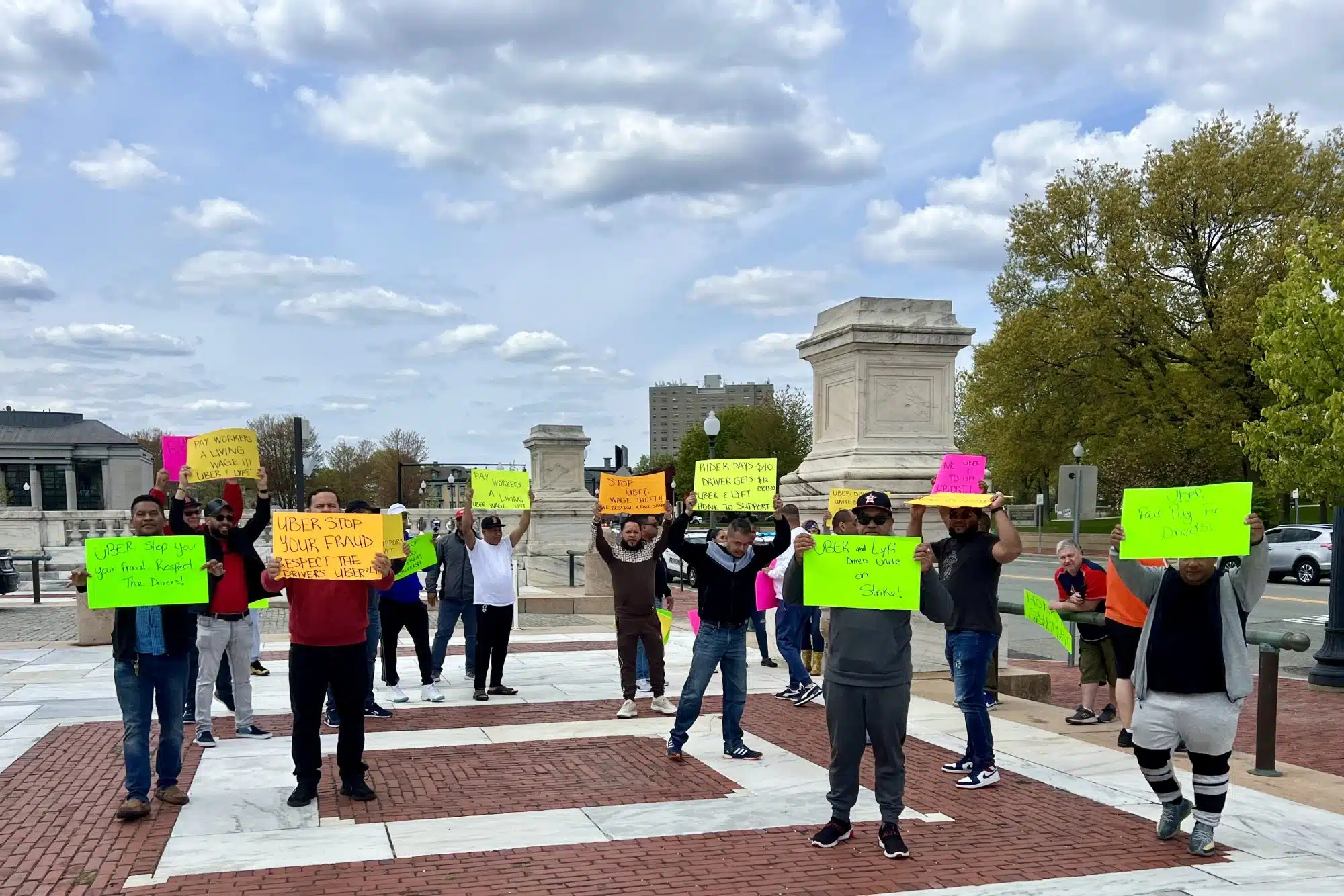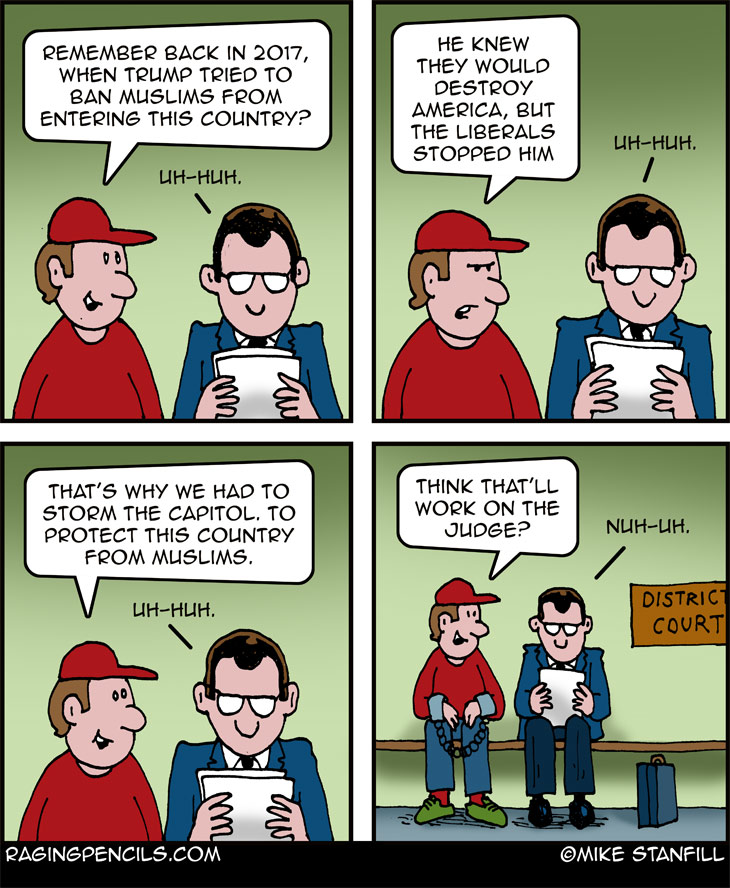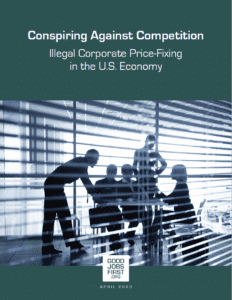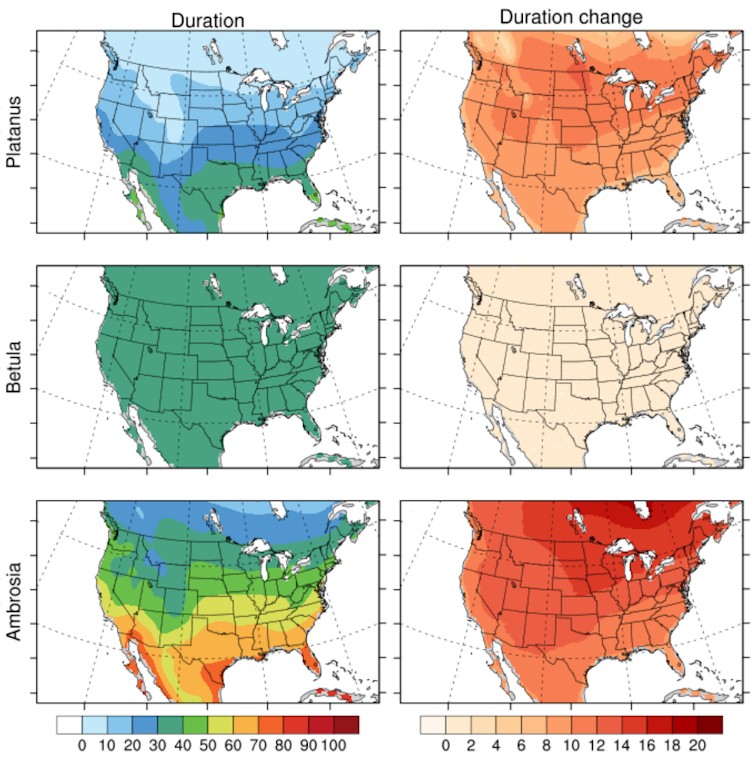The "one-two punch" of teaching
restrictions and vouchers threatens one of U.S. democracy's greatest assets.
JACOB GOODWIN for The Progressive
Each morning at school, we hear the daily
announcements over the intercom, followed by the recitation of the Pledge of
Allegiance. It’s a familiar scene. The routine concludes with the collective
and audible, "with liberty and justice for all," a civic promise that
we strive to fulfill each day in public schools.
In the wake of the U.S. Capitol
Insurrection on January 6, 2021, educators face mounting challenges to
maintaining civic space, including a cadre of extremist legislators and, in New
Hampshire at least, commissioners of education determined to advance their
agendas of cynicism and fear.
As a sixth grade teacher, I know that fear
impedes learning and leads students to shut down. That’s why supporting
students with care is so important in a classroom that values exploring
viewpoints in a respectful manner. In fact, this ethic of care and personal
concern is core to civic education.
It’s in formal lessons, but also embedded
within the day-to-day interactions in a public school. Students who feel cared
for and respected are more likely to be curious about their peers, and less
likely to feel threatened by difference. Natural conversations flow from
earnest curiosity, and stronger relationships are the result. The United States
stands to lose this as funding is drained away from public schools by expanding voucher
programs.
In 2021, reactionaries coalesced to ban the teaching of
honest history in states like New Hampshire and Oklahoma with
legislation that intimidates teachers with the threat of revoking professional
credentials.
They paired restrictions on teaching with an expansive
privatization push in the form of vouchers. Both of these acts are currently
being challenged in
the courts.
Yet they formed
a powerful one-two punch of restricting intellectual freedoms for public school
students while sending money to private and religious schools. This was a
hard-hitting blow to the reputation of the historically independent "live
free or die" state.
Unimpeded by a sense of pride in our legacy
of quality public schools, reckless officeholders abandoned tradition for the
new national trend of smashing public schools and neglecting their public
responsibility.
These destructive politicians see the great potential of our
public schools—the last best hope of an inclusive multiracial, multiethnic
democracy—and have made a calculated decision to create chaos, promote vouchers
for the rich, and destabilize communities.
In the most recent legislative session, New
Hampshire’s House Committee on Education continued their ruinous path toward
the fringe. One bill proposed granting the commissioner of education the ability to subpoena teachers.
This would place an unprecedented amount of power in the hands of a single
appointee bent on dismantling public education. The commissioner has also
sought to ban books by
subverting established institutional guidelines and replacing them with a shell
game designed to tie local officials in knots and take books off shelves.
New Hampshire joins a growing list of
states that are limiting school and classroom libraries, like Florida and
Texas. These book bans target children’s
literature featuring Black and LGBTQ+ characters and narratives.
For a time,
districts in Florida even removed picture
books about hall of fame baseball players Roberto Clemente and Hank Aaron to
comply with new laws. The state went further by threatening to
punish educators who violate book bans with felony charges and jail time, a measure
that some lawmakers in my own state appear to endorse with their own censorious
bill.
The suggested penalty in
New Hampshire for violating proposed book bans is up to seven years in prison.











.webp)





.webp)













